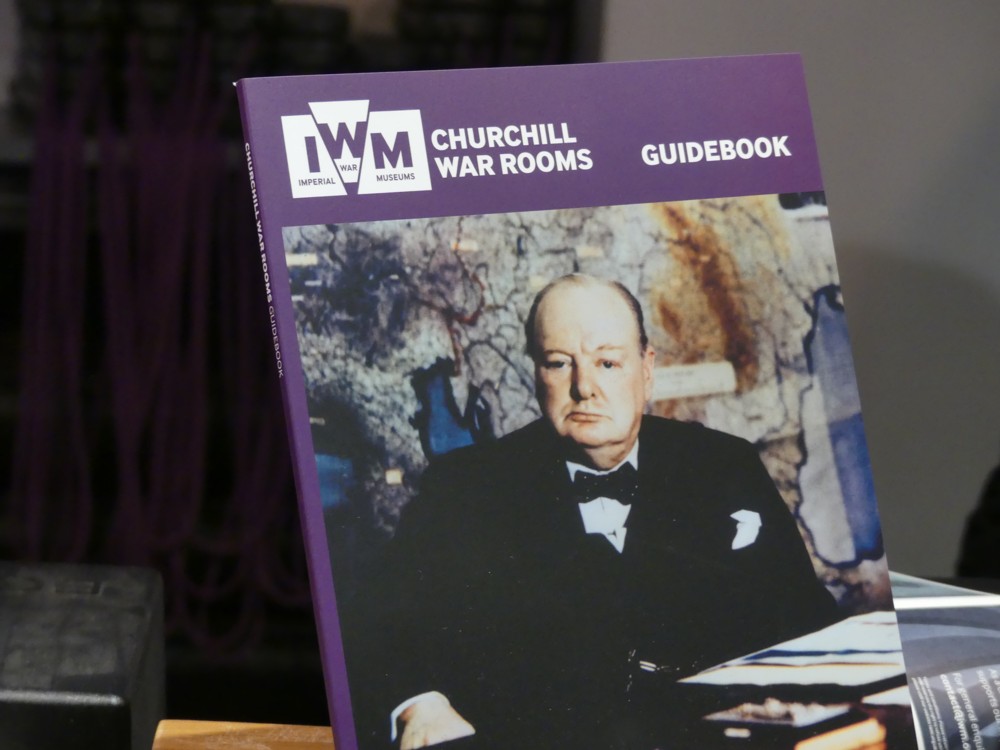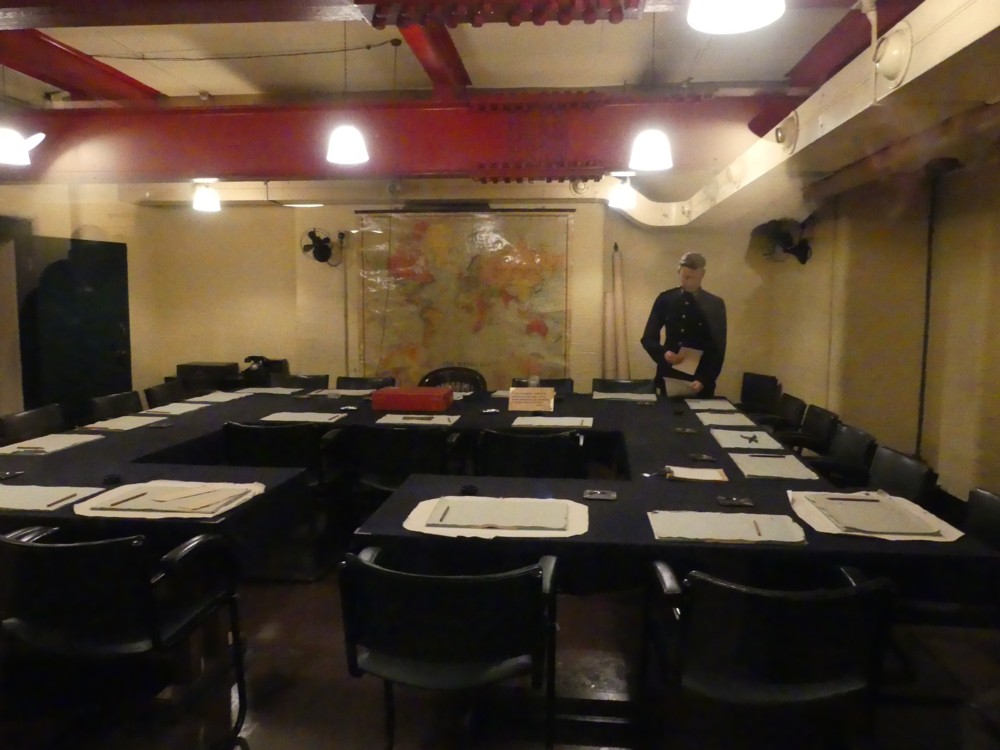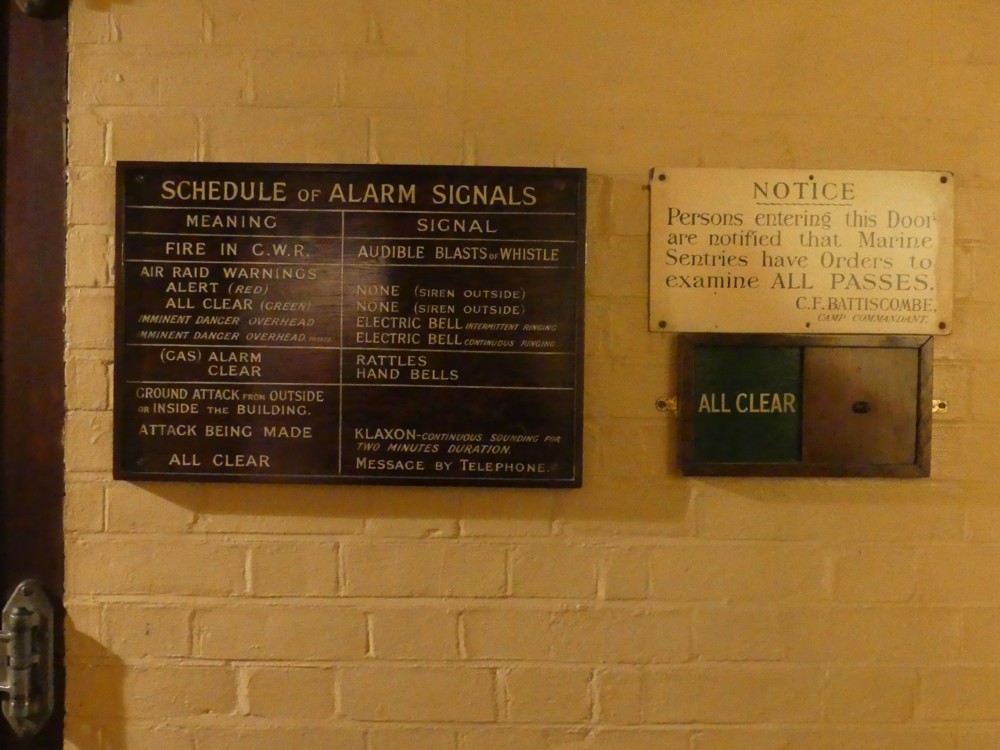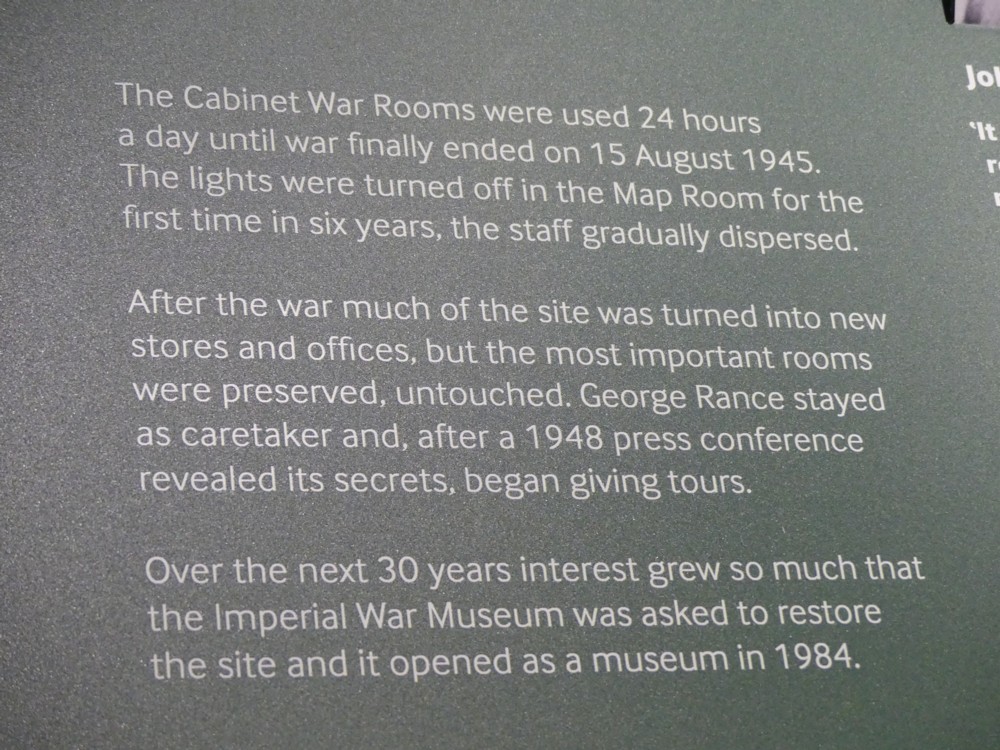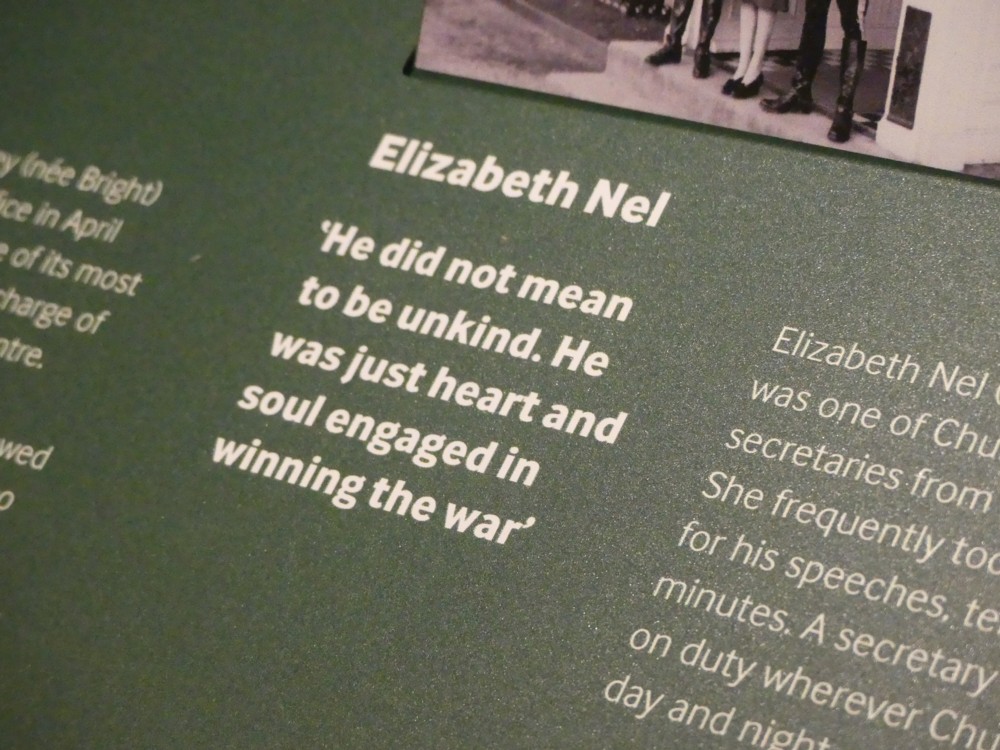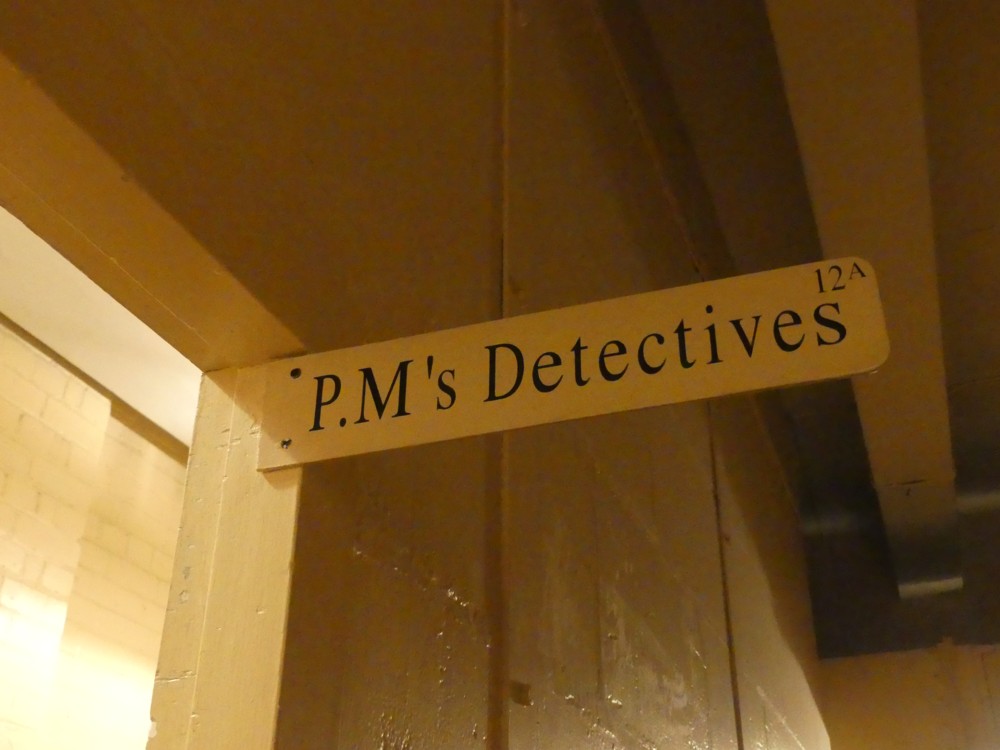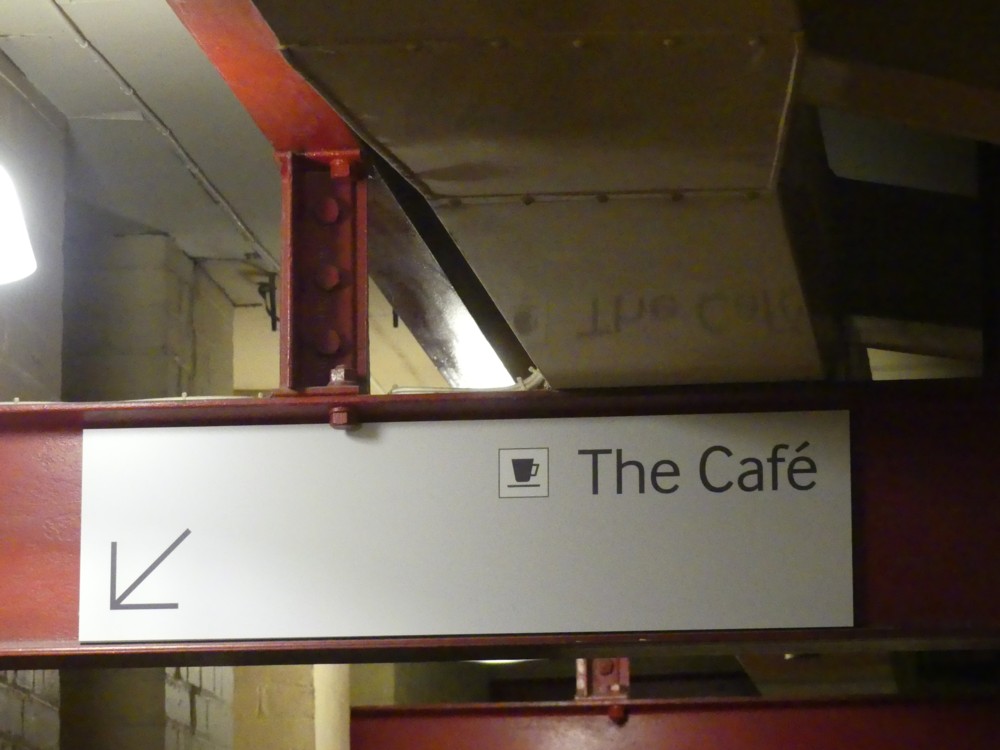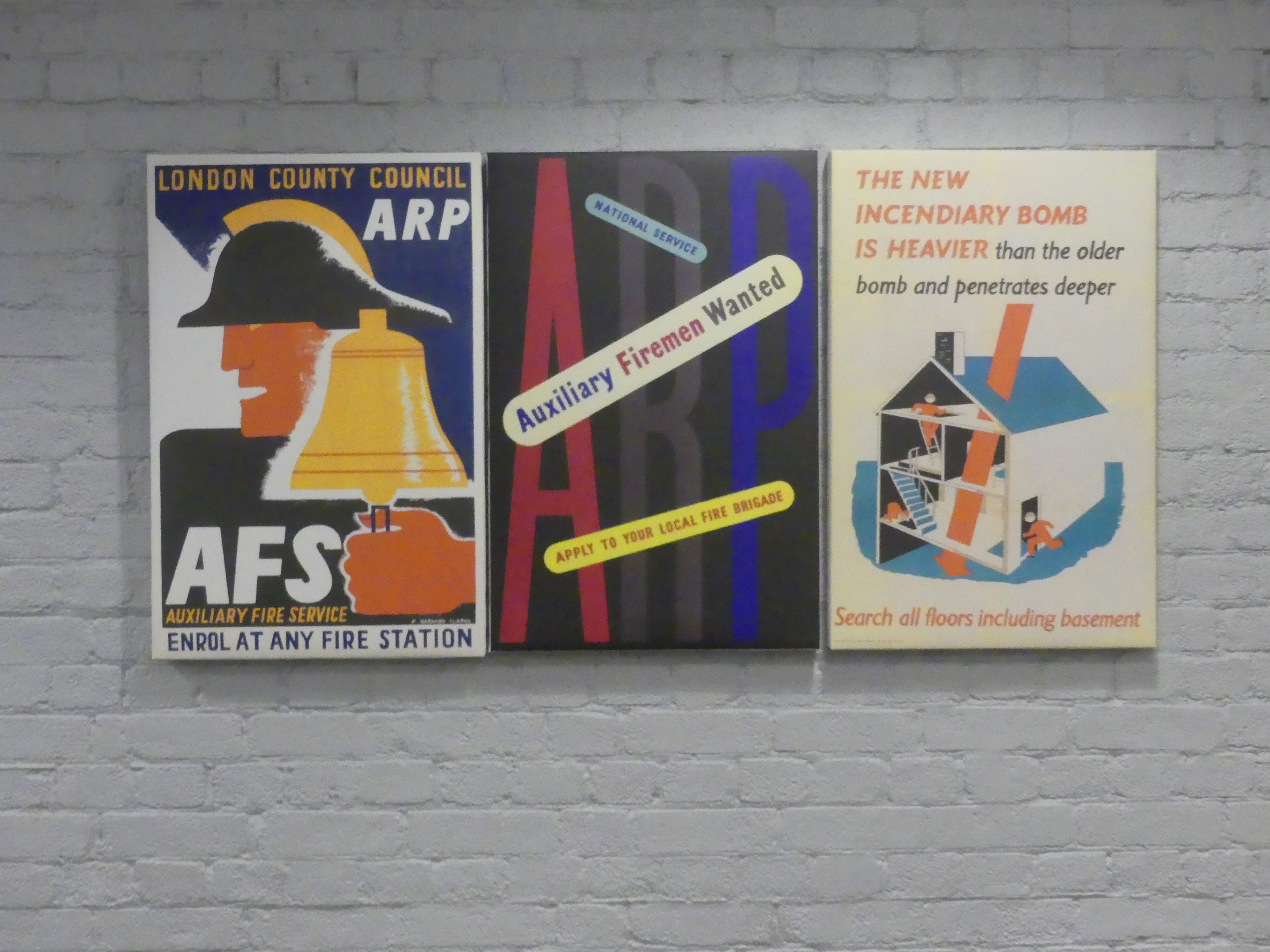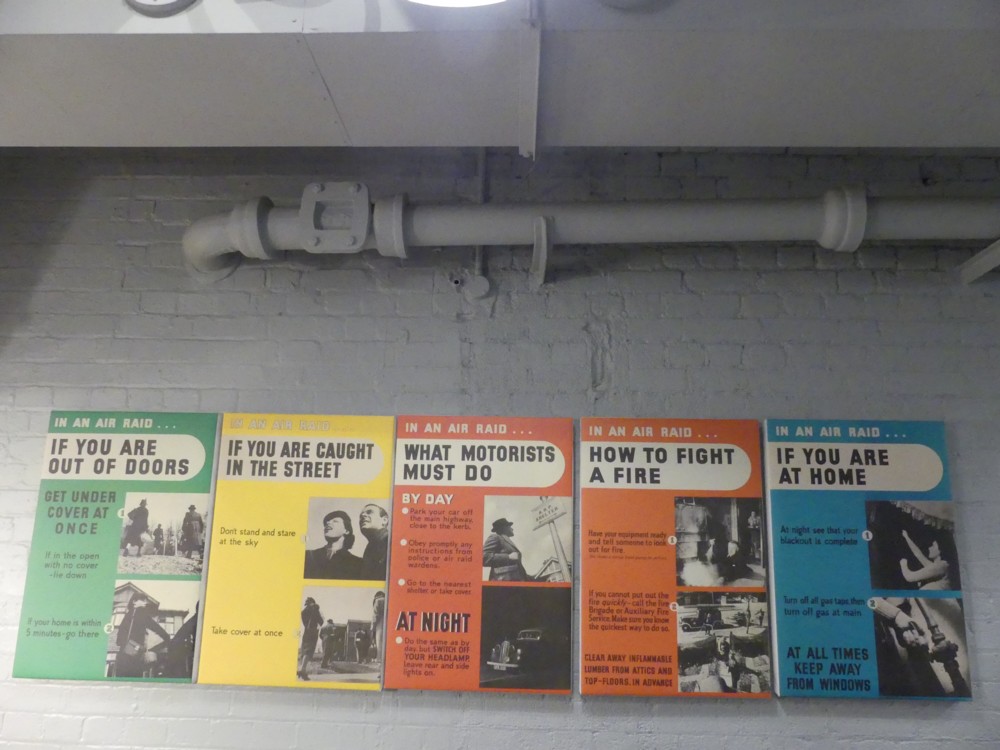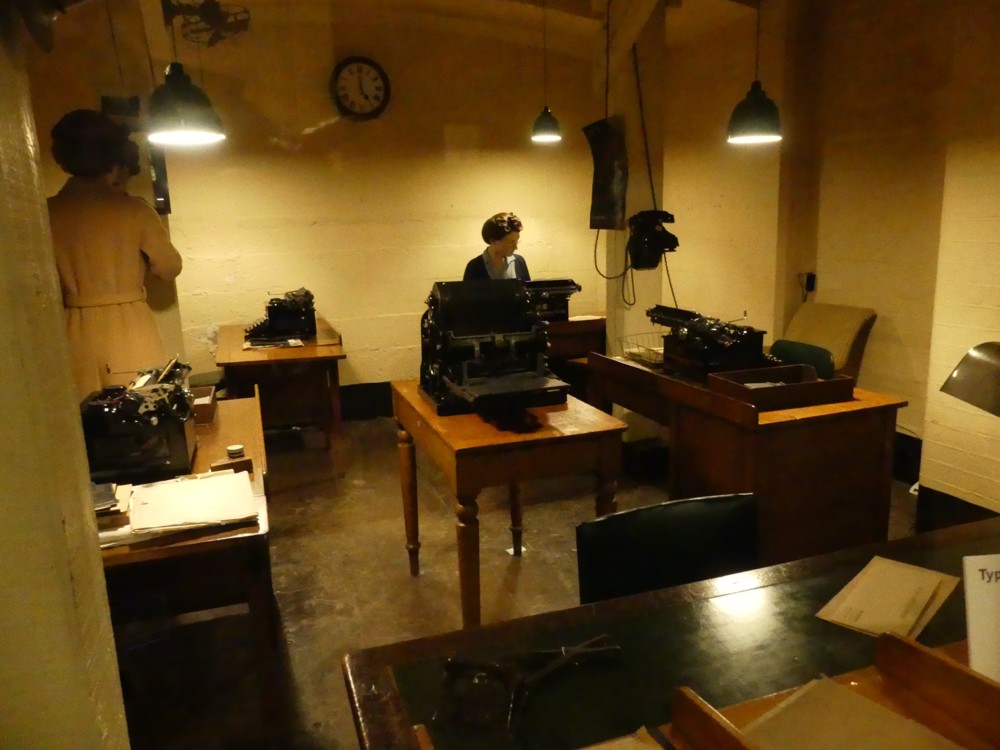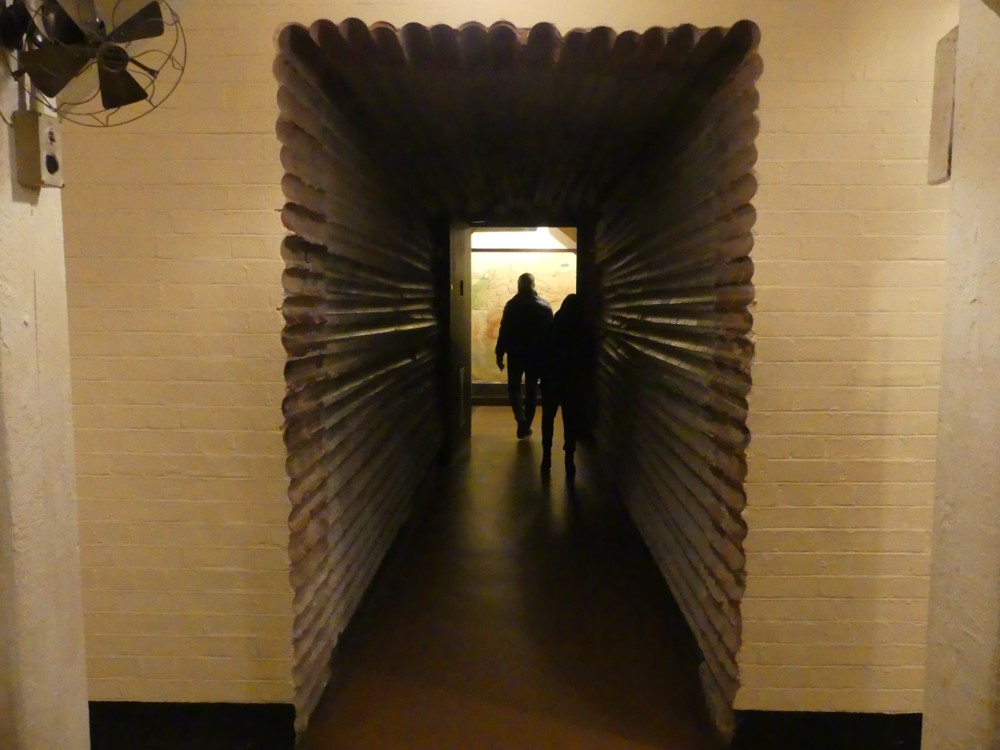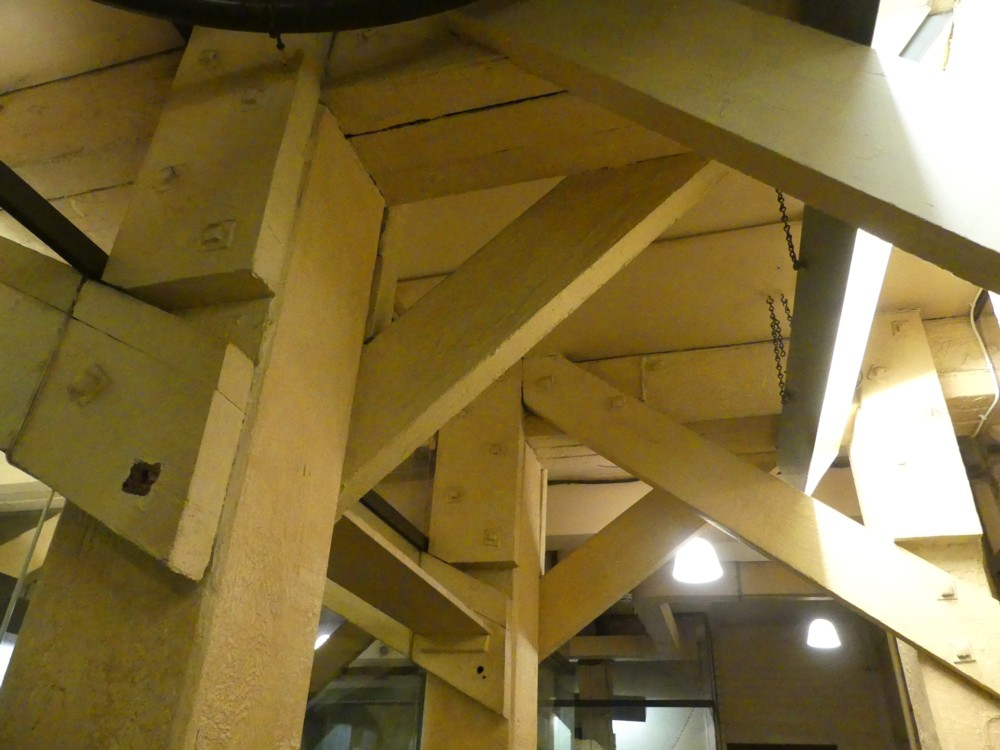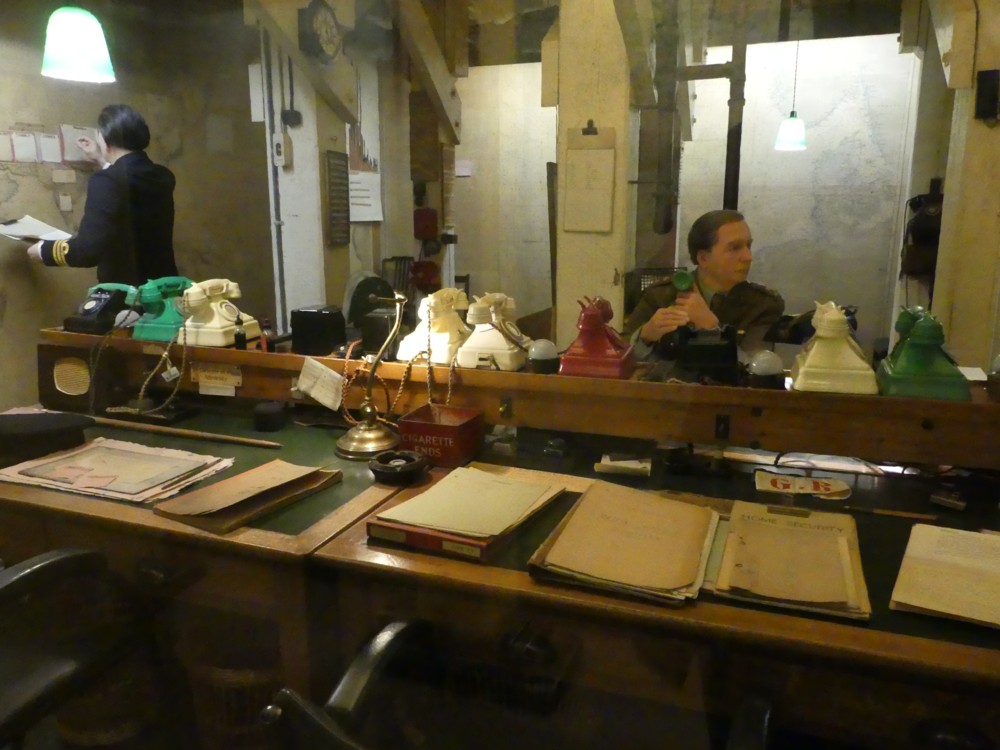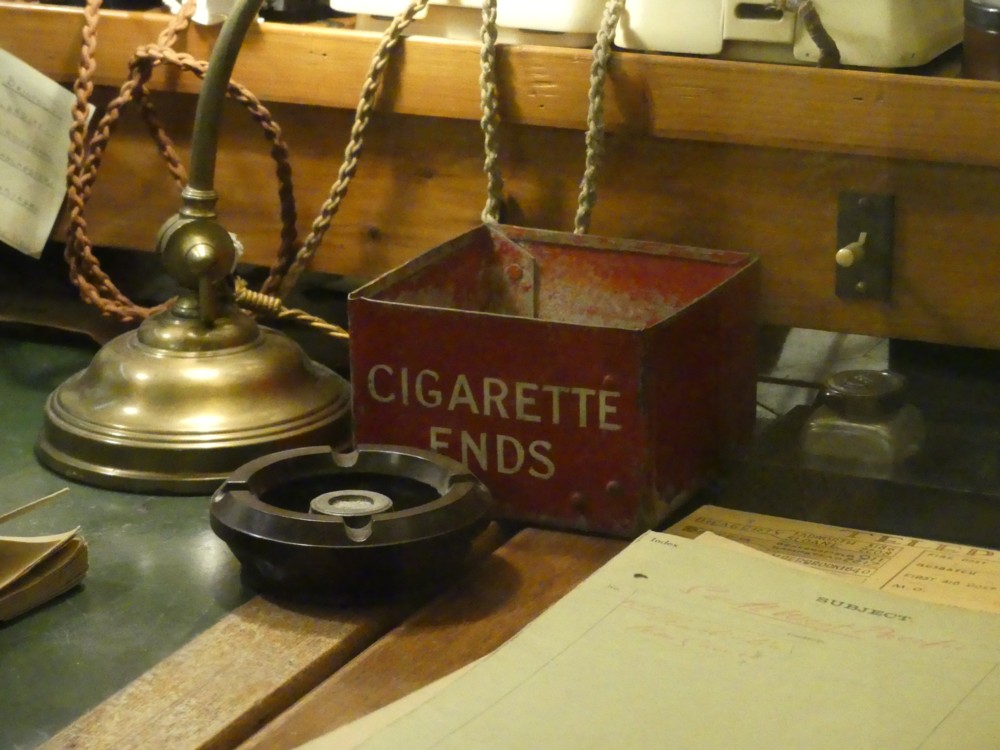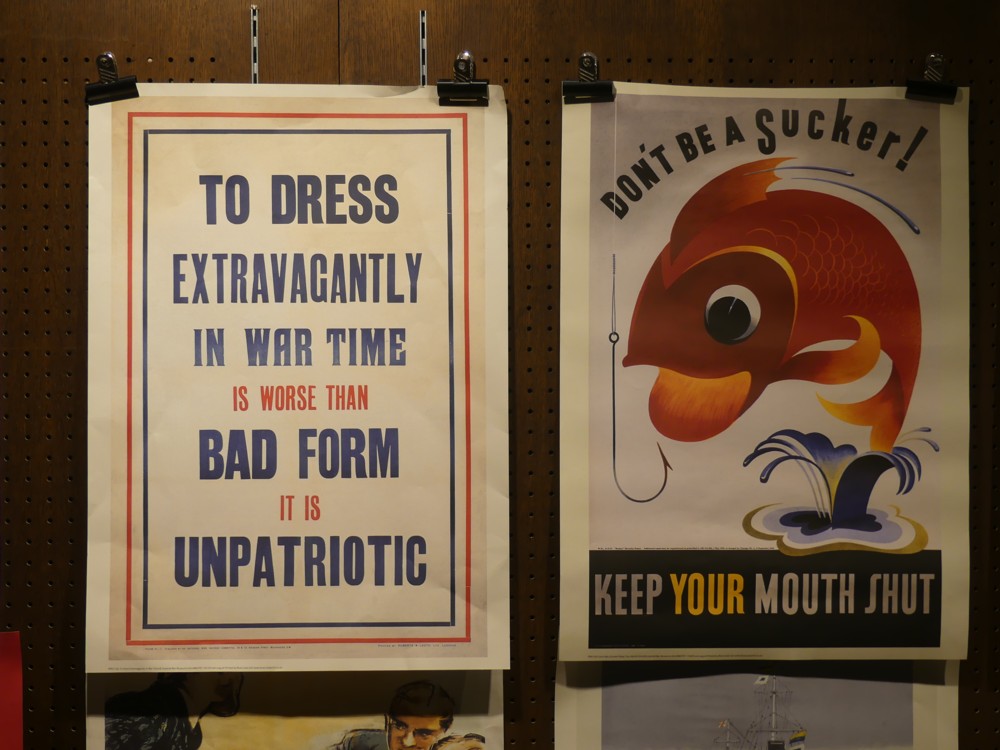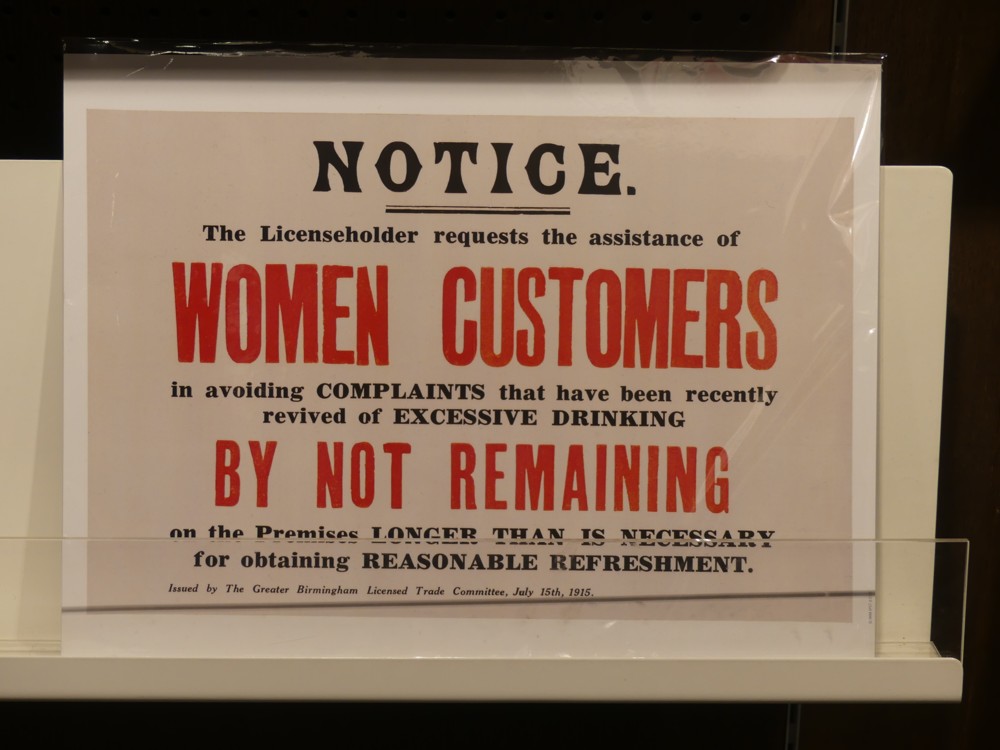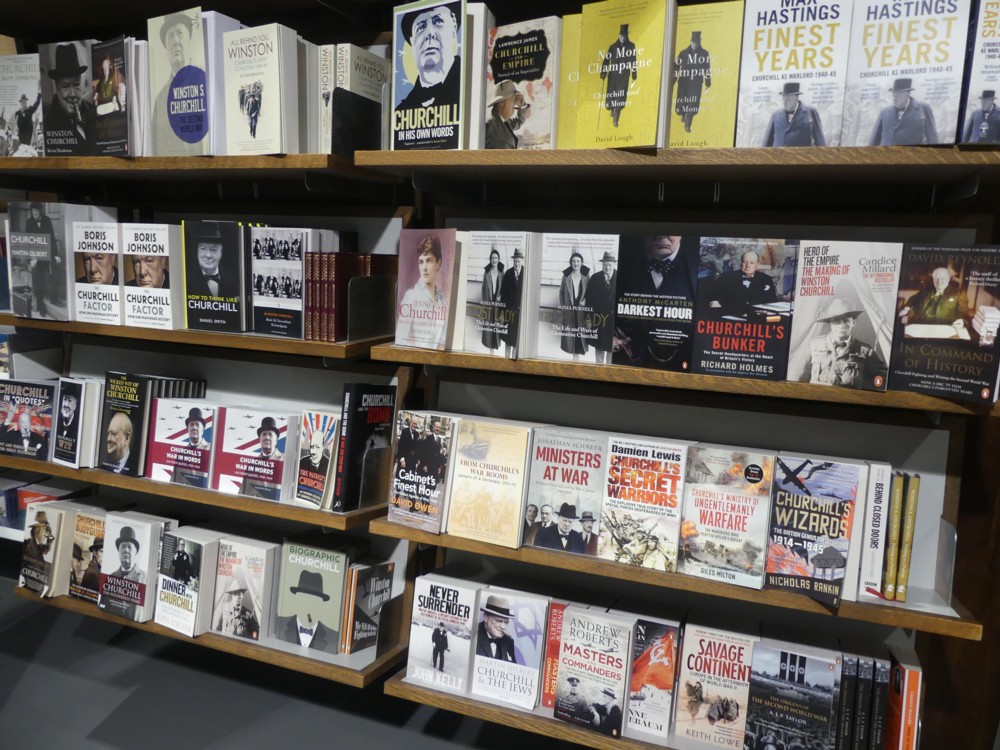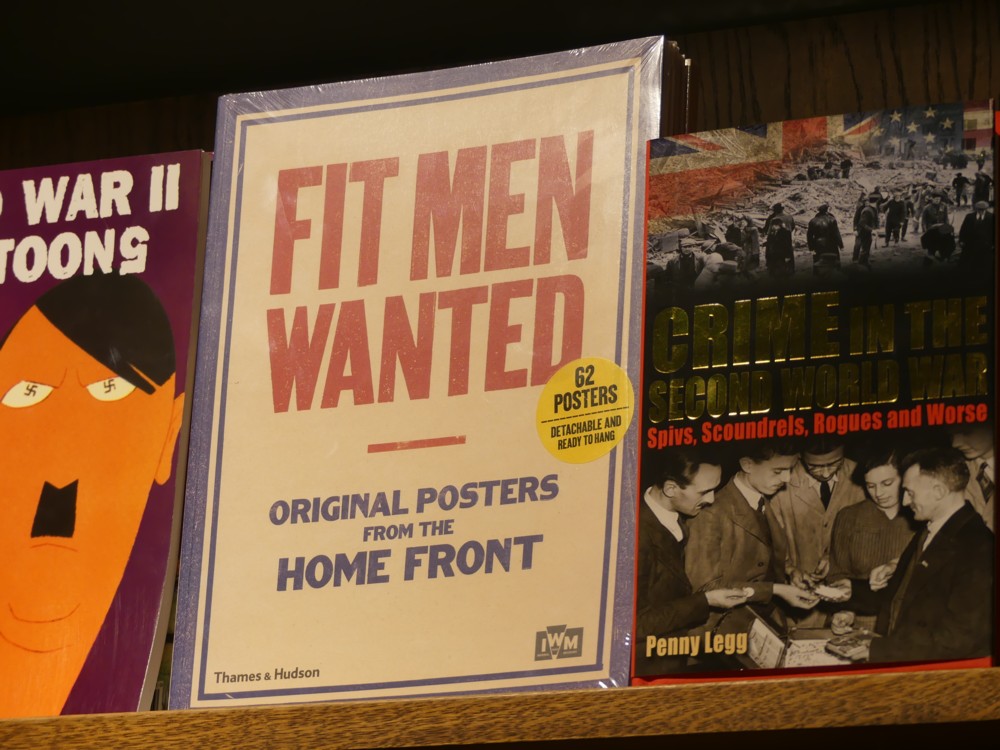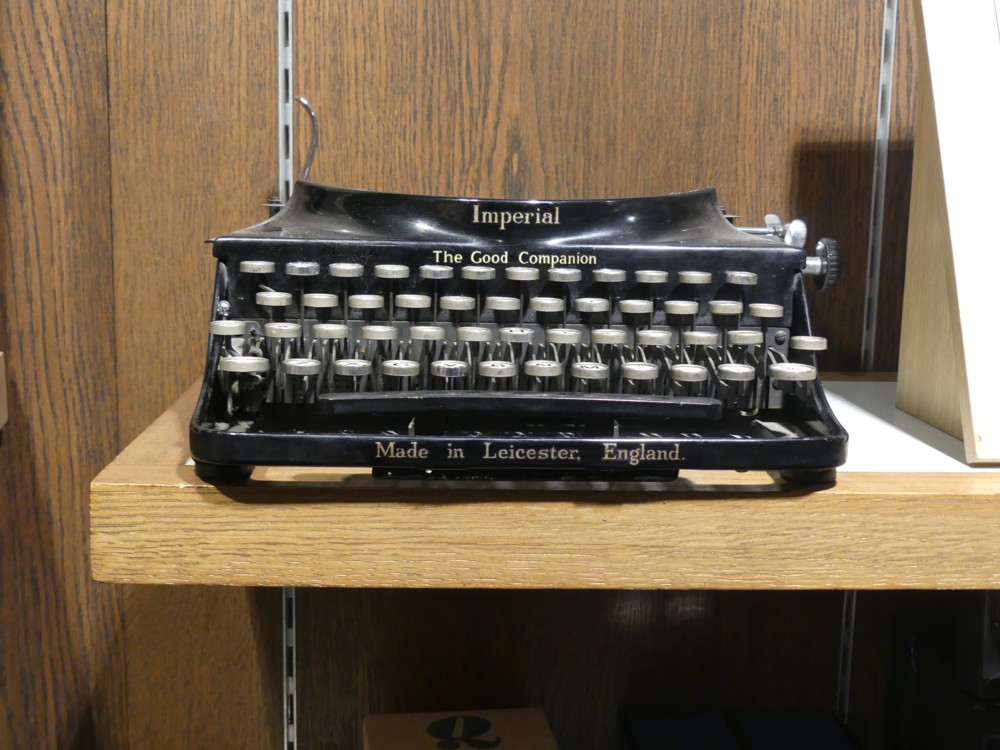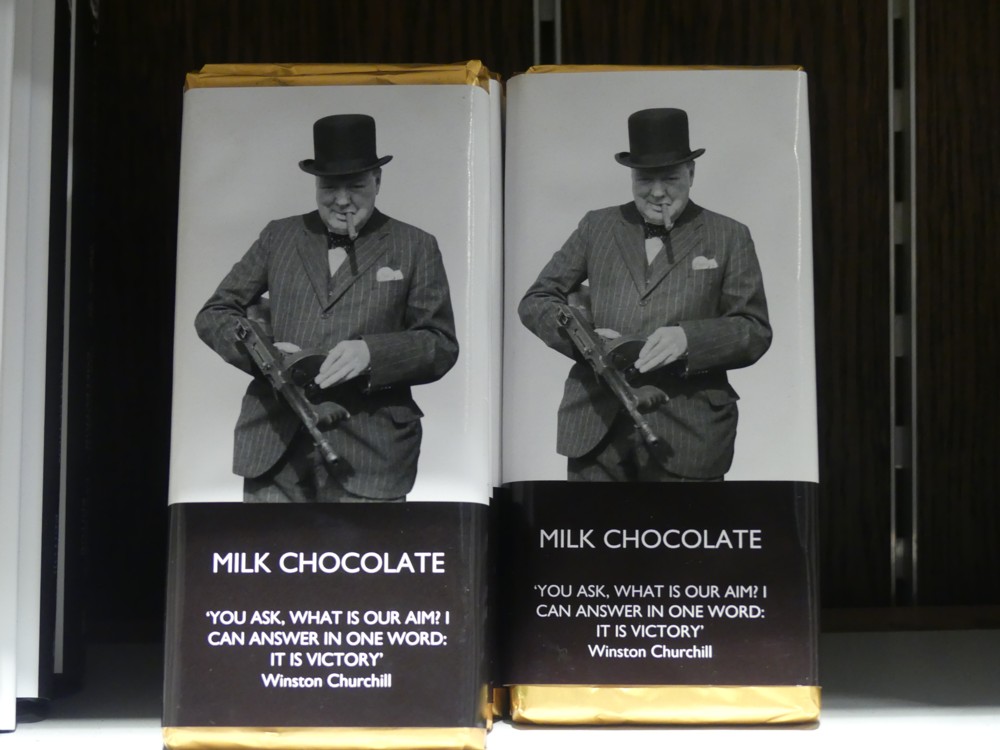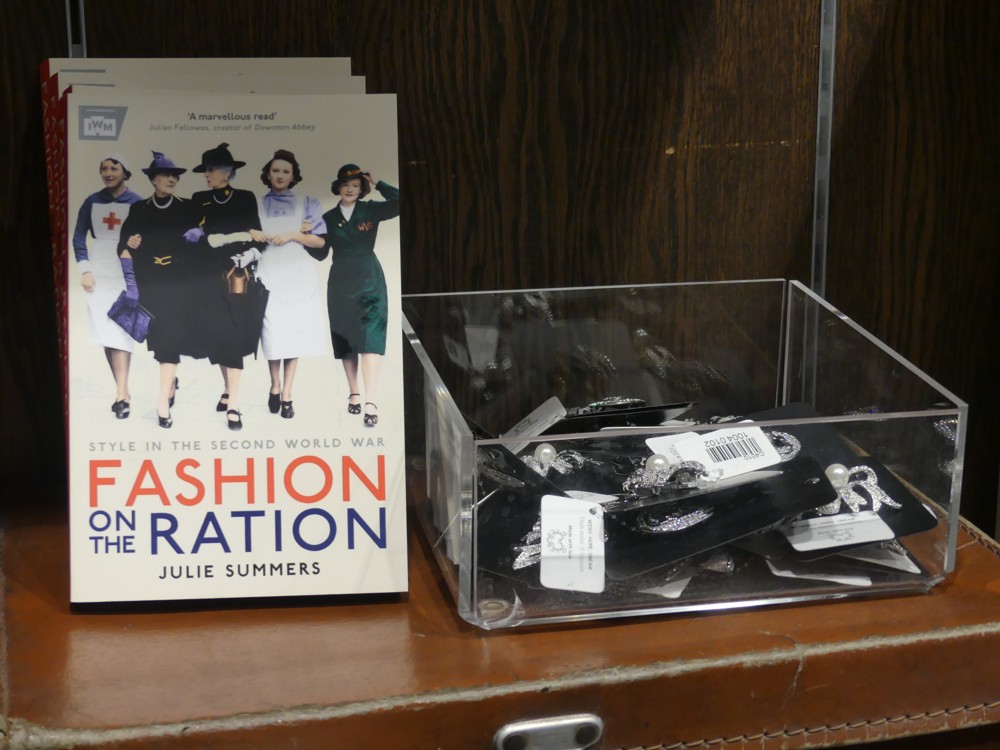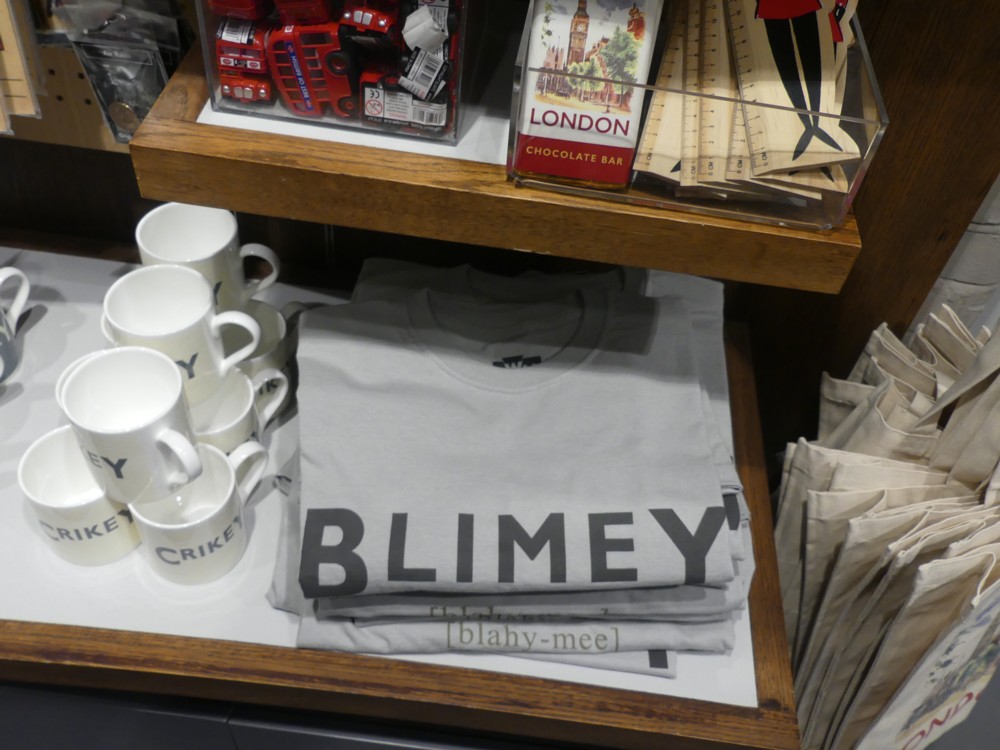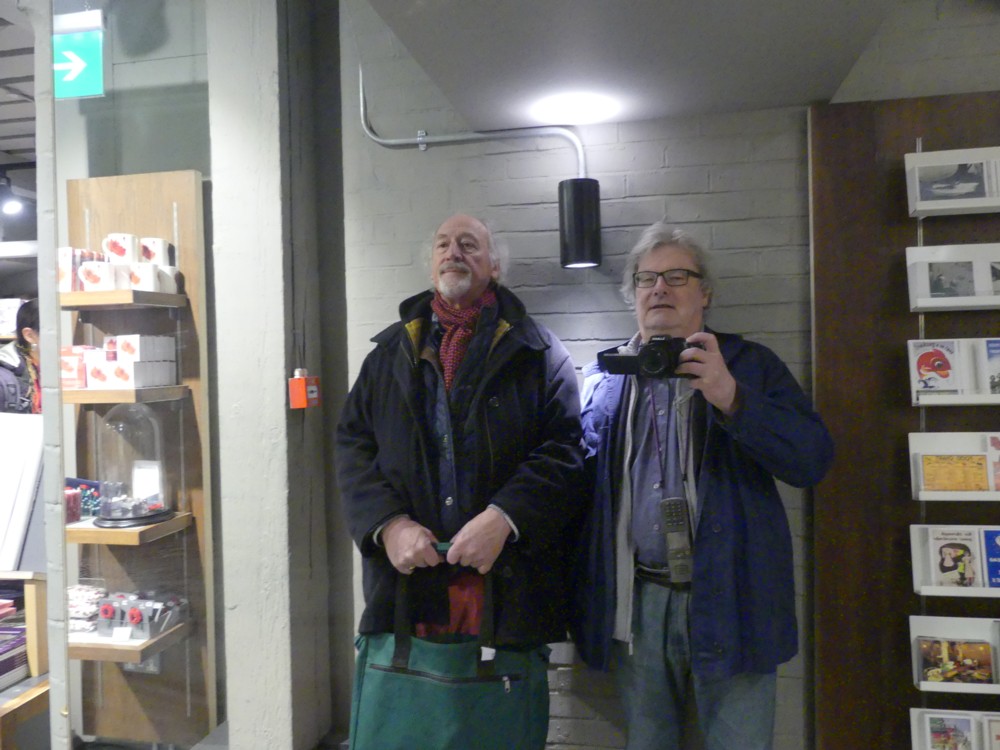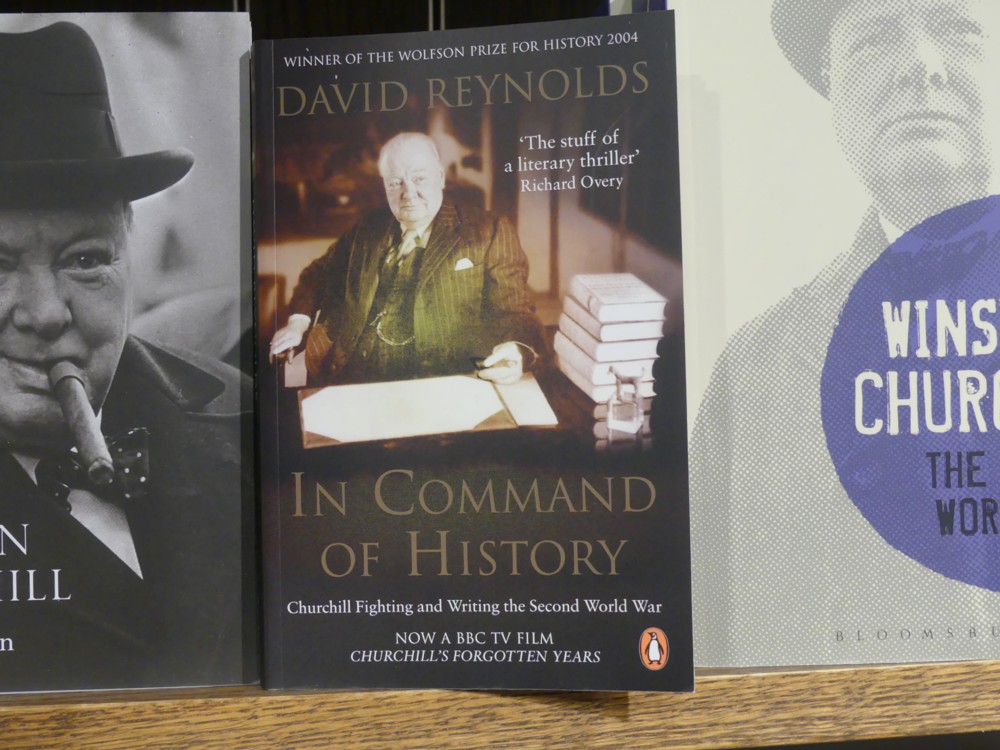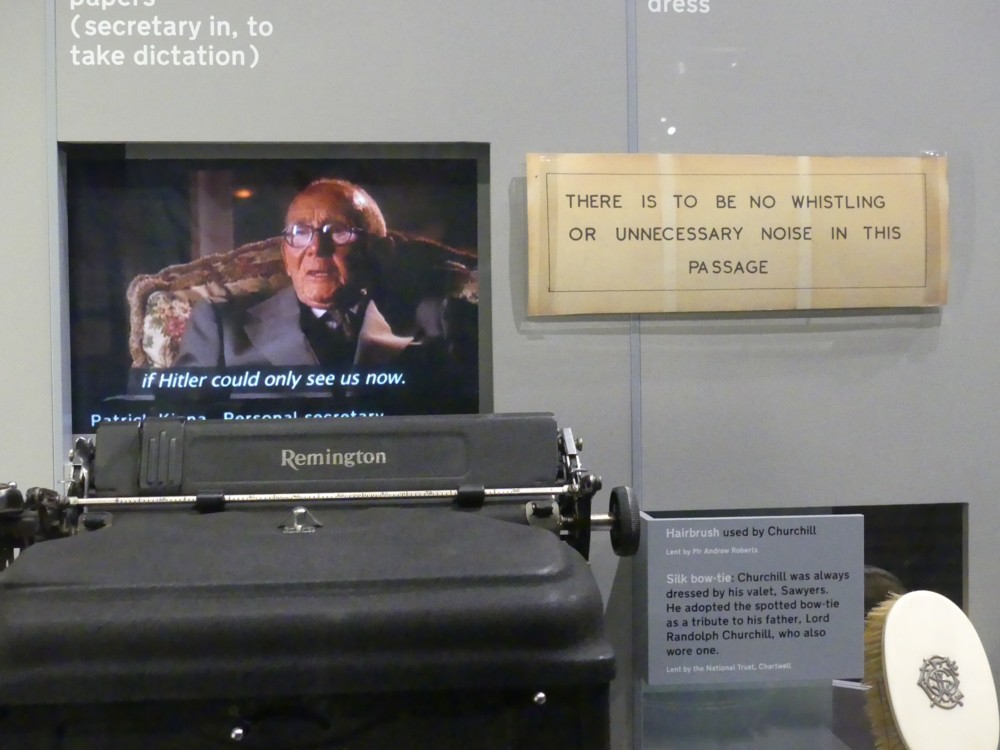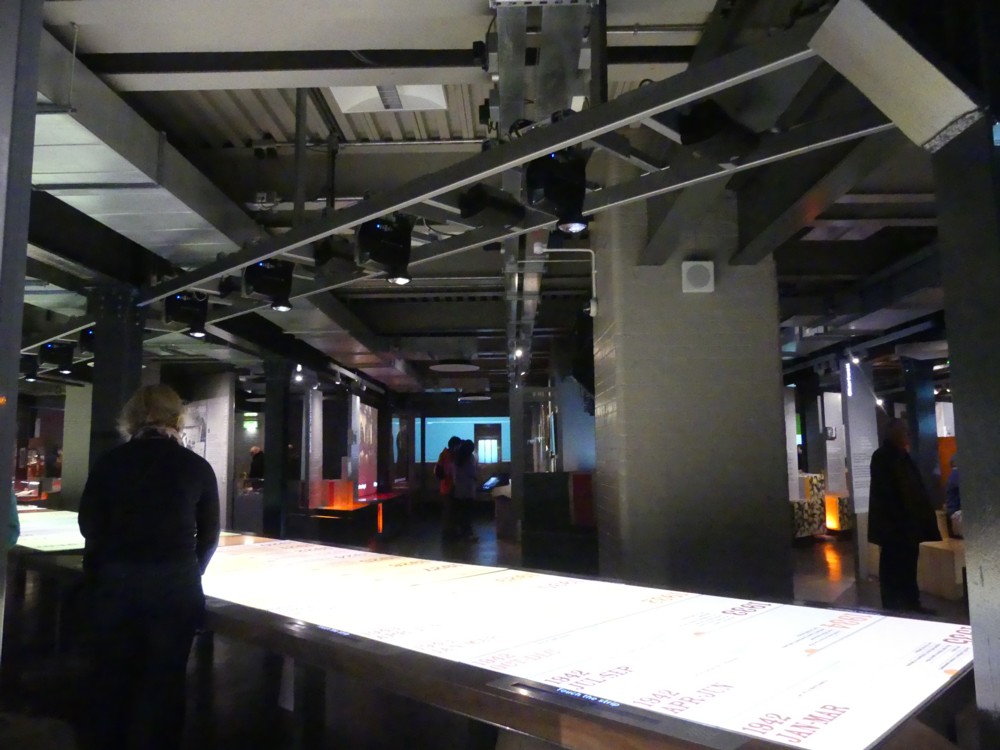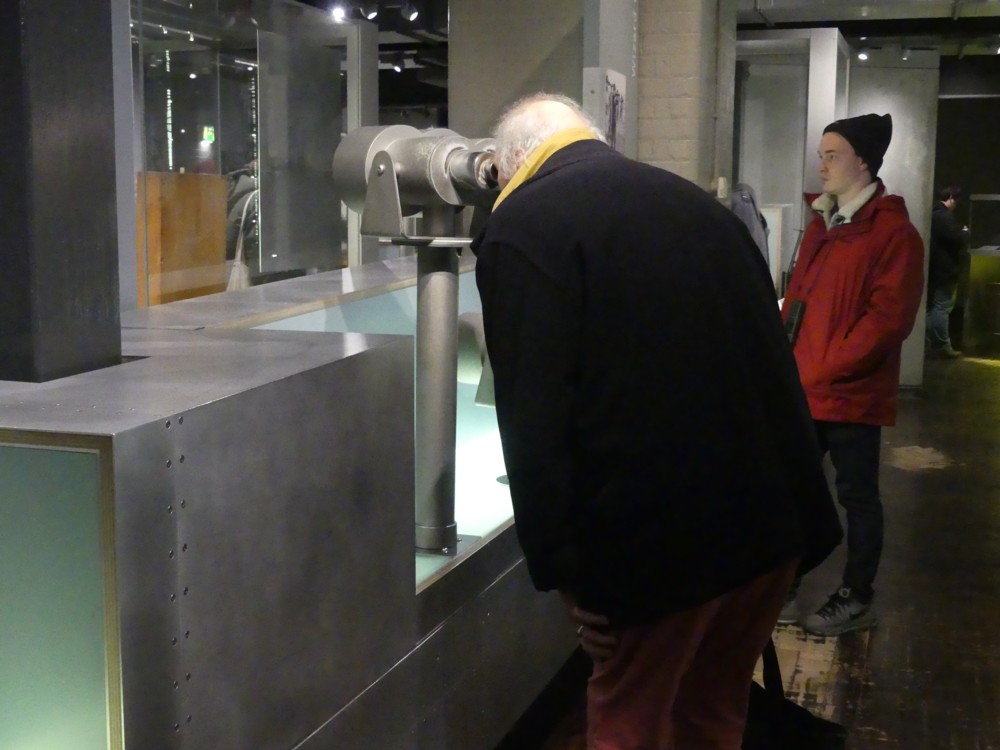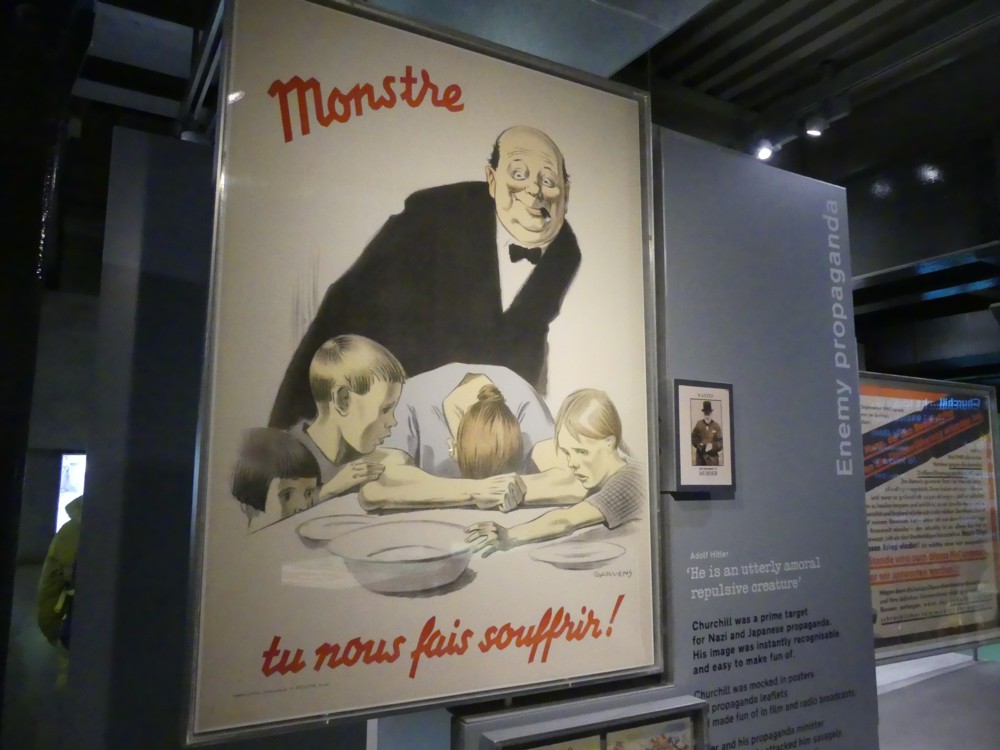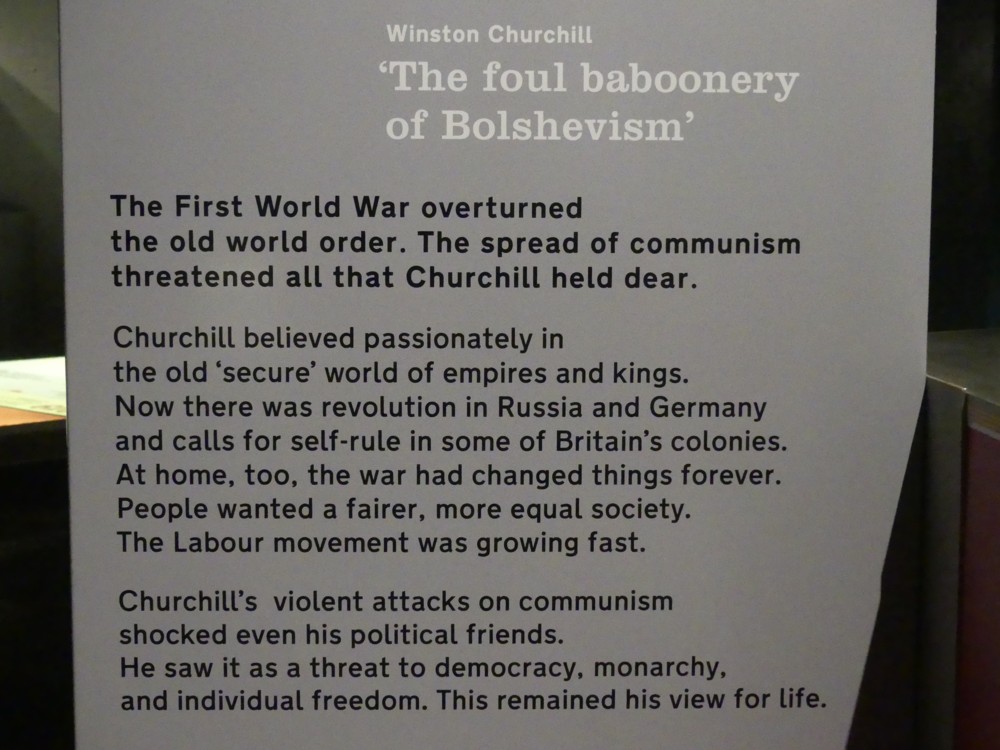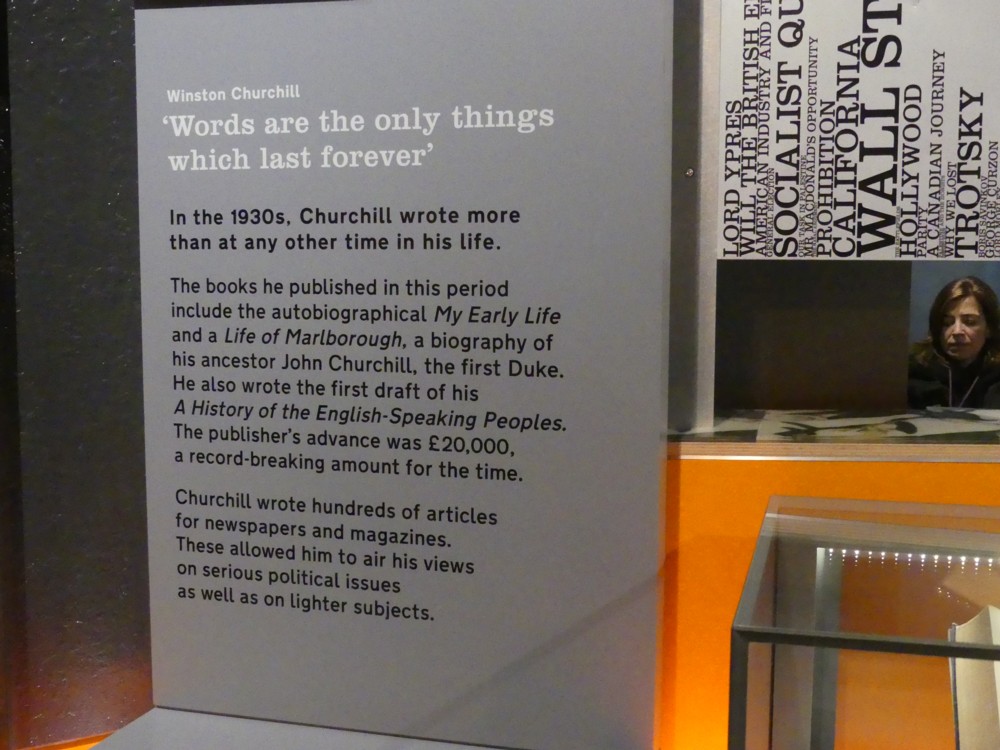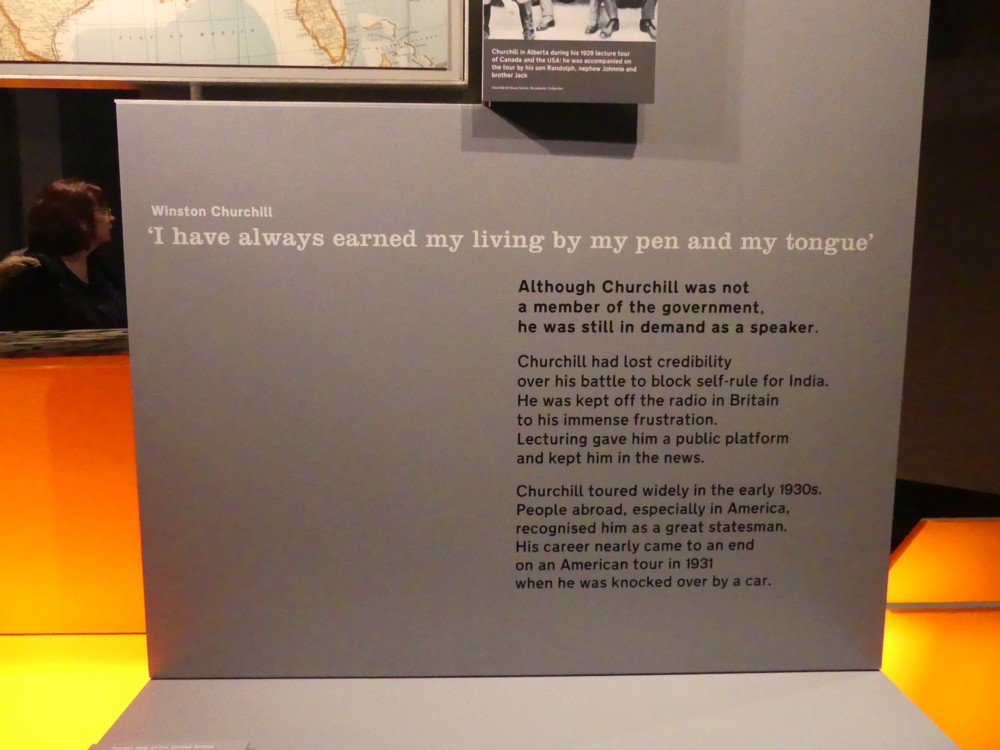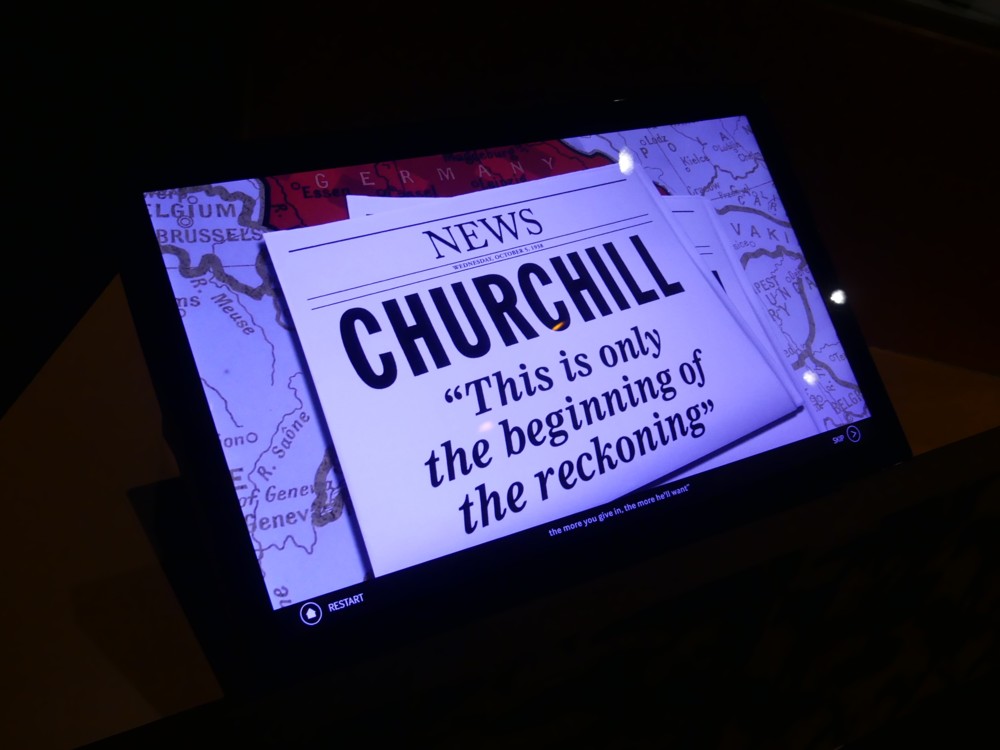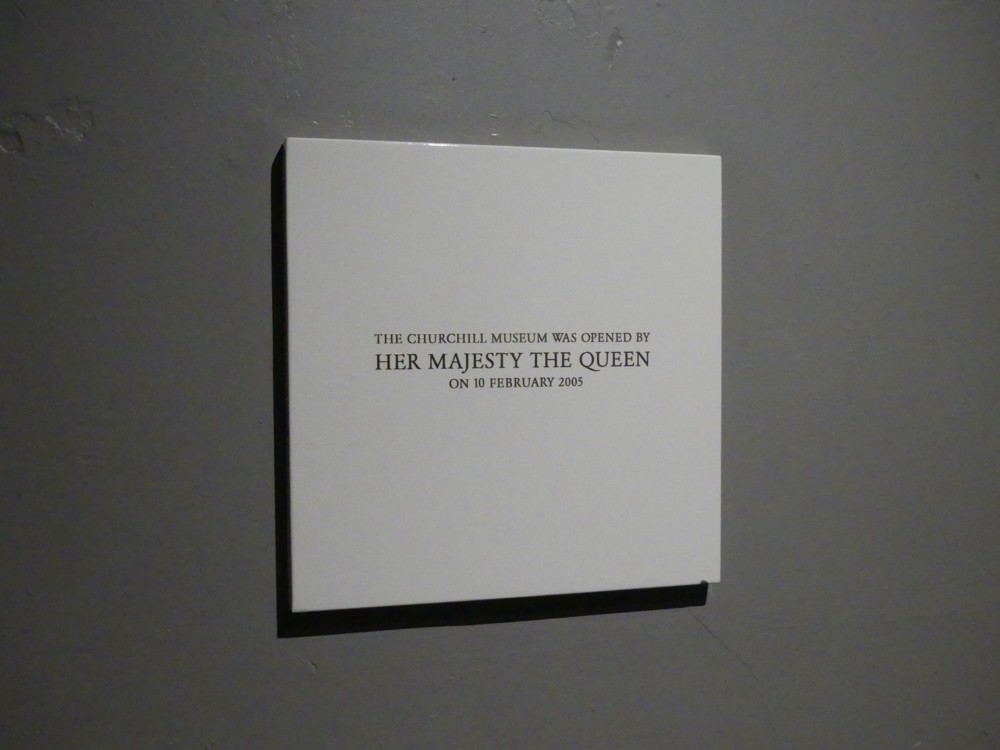Here we go. Colourful Modernism is on the up-and-up:
Design education “brainwashes” students into rejecting colour, pattern and ornament, according to Adam Nathaniel Furman, who said a group of London designers is finally overcoming bias against their use.
Furman named the movement “New London Fabulous” and described it as “design and architecture as a visual and cultural pursuit, which is highly aesthetic, sensual and celebratory of mixed cultures”.

The thing you have to understand about “architecture” (as opposed to just shoving up machines for living and/or working in) is that famous architects do most of it, and you have to work long and hard to become one of these people. What designers and architects aged around 35-40 are fantasising is not what gets done, except on a very small scale.
Architecture is not like Art. Art, you can actually do, now, whoever you are. You don’t need a room full of old people to all agree to spend a huge amount of money on it. (It helps that in addition to costing nothing, Art doesn’t have to “work”, as in: not collapse and not leak, and so forth.) But “architecture” needs just this sort of tedious functionality. So, you need to have spent a life-time impressing the clusters of old people who matter, persuading them that you are a safe enough pair of hands as well as a genius, blah blah. Your contemporaries with proper jobs, basically. So, you spend your life doing architectural propaganda and publicity. You do manifestos, books, essays, and little design jobs that attract disproportionate attention, given their often humiliating size (i.e. lack of it). Like Adam Nathaniel Furman is doing. Then, when you’re about sixty, the old men may pick you from the ranks of all the propagandists and visionaries, and let you build a bank headquarters building or an apartment tower or a museum, and that’s your chance. If that stays up, doesn’t leak, and attracts tourists and sells in miniature form in tourist shops and on postcards – if it is declared to be “iconic”, you then have the rest of your life to go on doing “architecture”. You become, as we now say, a Starchitect. Main rule to follow then: stay alive as long as you can.
Notice how Furman is both turning his back on “Modernism” and yet not doing this. His stuff, if and when he ever builds much of it, will still look “modern”. It is merely that he is utterly rejecting one of the founding principles of Modernism. He embraces colour, and also “pattern and ornament”. As he points out, “Modernism” as originally proclaimed, was often quite colourful. But the colours were just painted on. Colour was not stuck on, in an obviously colourful way. “Applied ornament” was an object of hatred and contempt for the original Modernists, and in practise, as we know, they and their followers mostly shunned bright colours also. Furman intends to apply ornament with colourful abandon.
But, not the old sort of ornament that the Victorians liked to do, and against whom the original Modernists reacted with such disgust. Furman is proposing enough of a change to enable architecture fans like me to see something big happening. What he is not saying, merely because Ancientists also like “pattern and ornament”, is that he actually wants to be an Ancientist himself. Perish the thought. He wants to “celebrate all cultures”, rather than just ours as it used to be.
Personally, I find Furman’s “fabulous” designs more than somewhat garish and over-the-top. But then, I almost always dislike strikingly new architecture, until I see it and get used to it. And whether I personally end up liking whatever Furman builds or not, in London it will fit right in. Why shouldn’t it? Everything else does.




